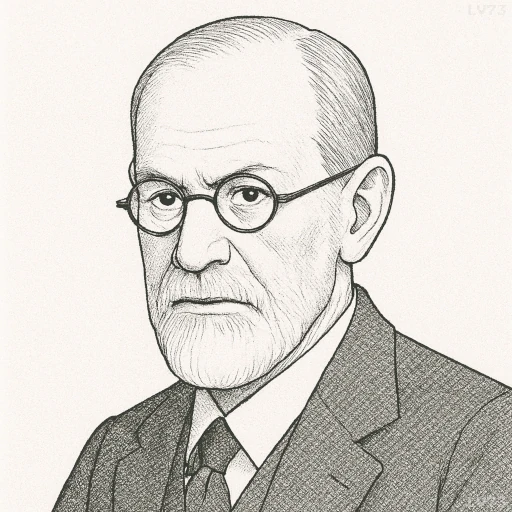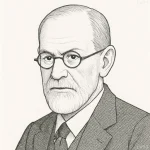“What we call happiness in the strictest sense comes from the (preferably sudden) satisfaction of needs which have been dammed up to a high degree.”

- May 6, 1856 – September 23, 1939
- Austrian
- Neurologist, Founder of Psychoanalysis
table of contents
Quote
“What we call happiness in the strictest sense comes from the (preferably sudden) satisfaction of needs which have been dammed up to a high degree.”
Explanation
Freud here defines happiness not as a constant state, but as an intense emotional release that follows the fulfillment of strongly repressed or delayed desires. He emphasizes that the greater the buildup of tension or need, the more powerful the feeling of happiness when that need is finally met—especially when the satisfaction is sudden and complete. This view highlights the dynamic and fleeting nature of pleasure, grounded in the contrast between deprivation and relief.
In his broader psychoanalytic theory, Freud argued that much of human behavior is driven by the pleasure principle—the instinctual pursuit of gratification. However, because society imposes rules and constraints, people often delay or suppress their desires, creating psychological pressure. When the repression is lifted—through success, love, creativity, or even dreams—the release can produce a profound sense of happiness, though it is often temporary and situational.
Today, this idea resonates in both psychology and everyday experience. People frequently report the greatest joy after long struggle—finishing a degree, reuniting with a loved one, or overcoming hardship. It also helps explain why constant gratification often dulls joy, while delayed rewards feel more meaningful. Freud’s insight remains relevant: happiness is most vivid when it resolves inner tension, not when it is taken for granted.
Would you like to share your impressions or related stories about this quote in the comments section?



